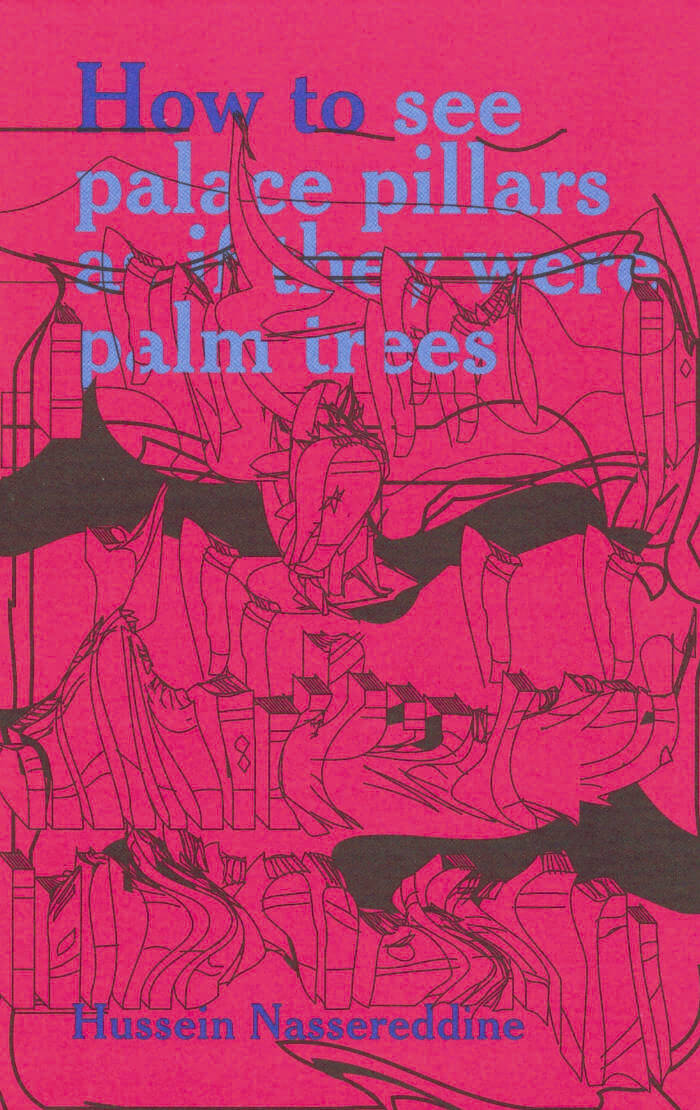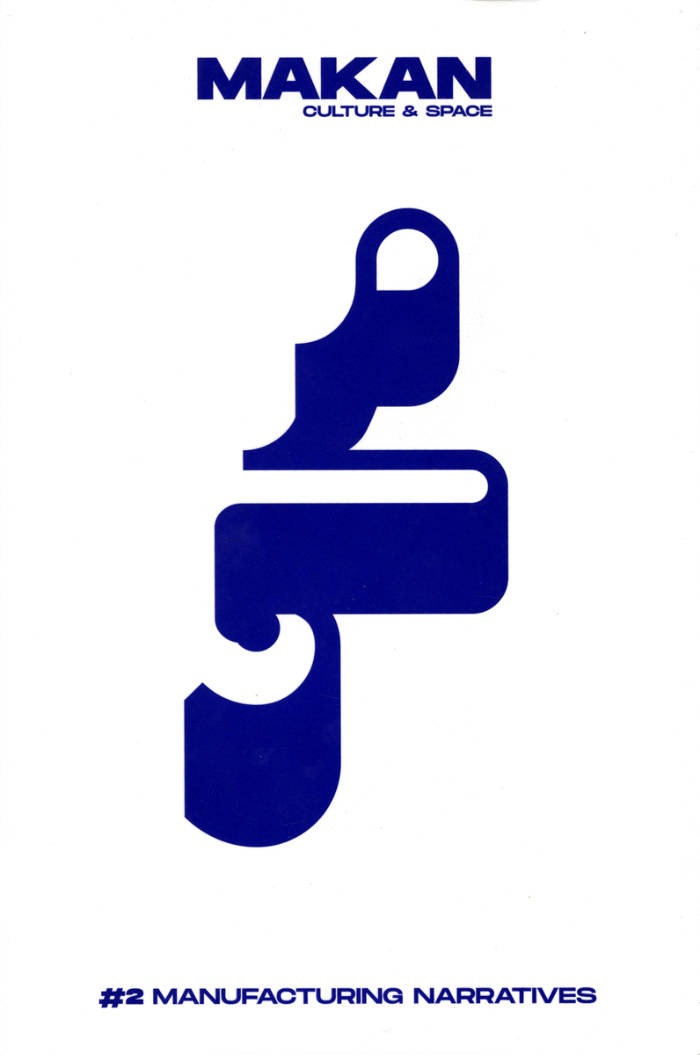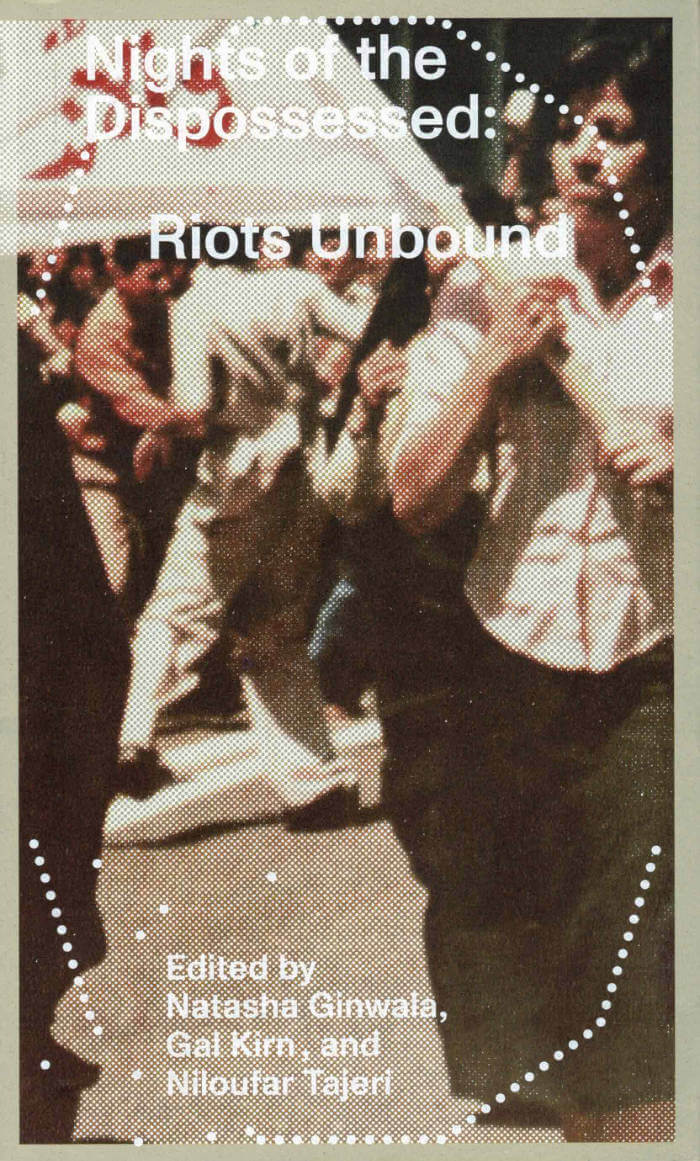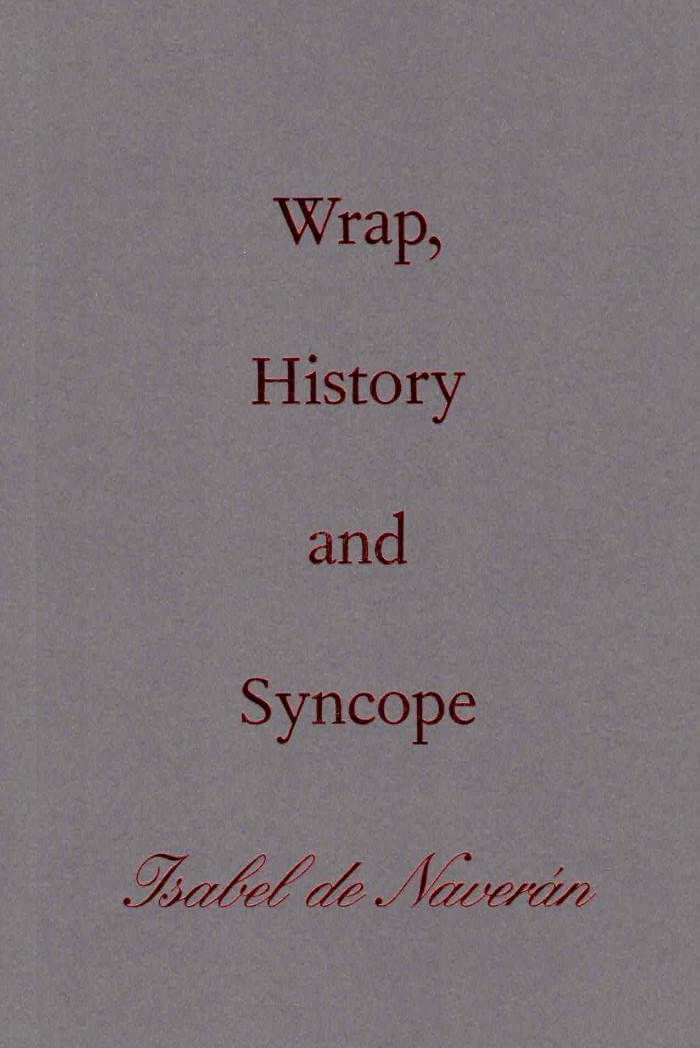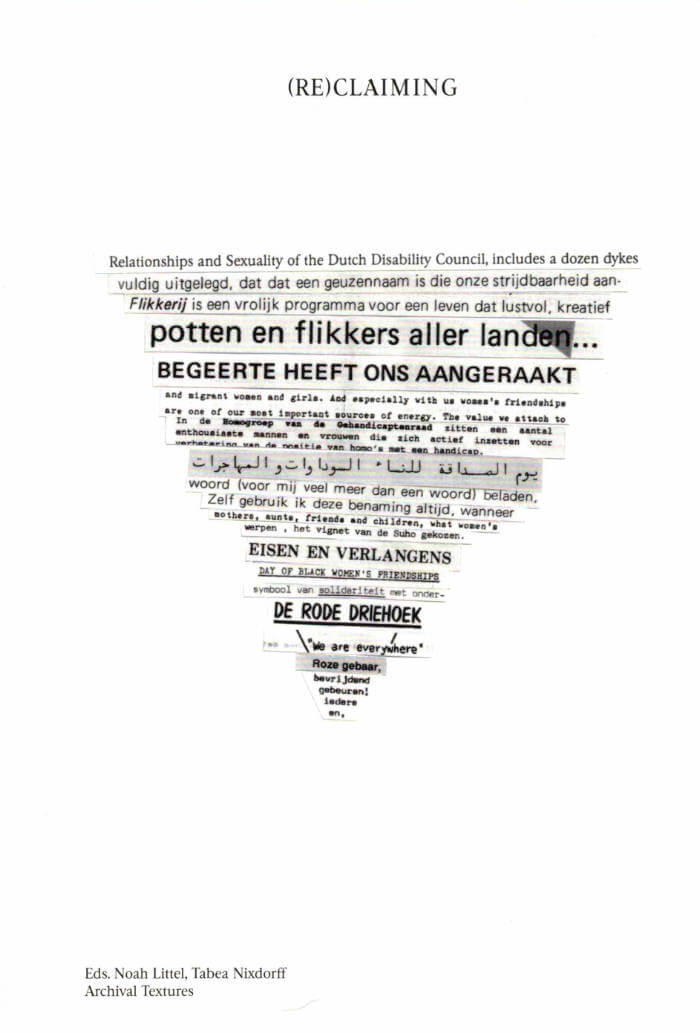
How to maneuver: Shapeshifting texts and other publishing tactics
Ala Younis ed., Maha Maamoun ed.
The research and series of exhibitions that this publication grew out of, is part of an ongoing project exploring the significant work of individuals, collectives and institutions in the field of alternative art and publishing practices, past and present.
Contributors: Ahmad Makia, Ali Eyal, Ali Hussein Al-Adawy, Ali Yass, Andrew Murphie, Bady Dalloul, Barakunan, Bernhard Cella, Elaine W. HO., Faisal Al Hassan, Farah Khelil & antoine lefebvre editions, Fehras Publishing Practices, Giulia Crispiani & Federico Antonini, Hala Bizri & Jana Traboulsi, Haytham el-Wardany, Huda Smitshuijzen AbiFarès, Hussein Nassereddine, Jabbour Douaihy, Jaffat El Aqlam, Khalid Albudoor & Nujoom Alghanem with Rand Abdul Jabbar & Uns Kattan & Hammad Nasar, Moad Musbahi, Noopur Desai, Raafat Majzoub, Yazan Ashqar.
Language: English


